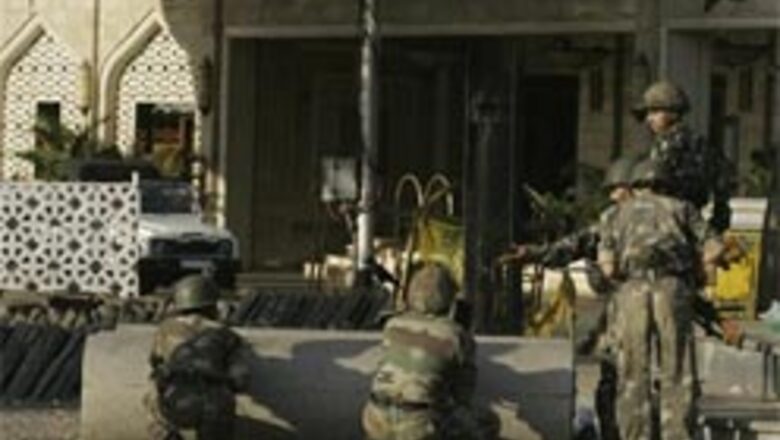
views
New Delhi: Attacks on two luxury hotels -The Taj and Trident (formely Oberoi) - in the country's financial capital Mumbai have drawn attention again to the fact that hotels are a soft target for terrorists who want to capture world attention to their causes.
The Mumbai incident follows previous attempts on hotels elsewhere in the world, one such incident in the recent past in Islamabad where a deadly blast targetted the Marriott Hotel near Pakistan's Parliament, killing at least 40 people and wounded another 200.
In 2005 in Jordan, Al Qaeda conducted a series of coordinated bombing on three hotels in the capital city Amman on November 9. The blasts at at the Grand Hyatt Hotel, the Radisson SAS Hotel, and the Days Inn killed 60 people and injured 115 others. One of the hotels was hosting a wedding with hundreds of guests.
In October 2004, bombings at three sites on the east coast of the Sinai peninsula killed 34 people. The Egyptian government said the mastermind was Palestinian and the targets appeared to be Israeli tourists.
On August 5, 2003, a suicide bomber detonated a car bomb outside the lobby of the JW Marriott Hotel in Indonesian capital Jakarta killing 12 people, including one Danish, one Dutch and two Chinese and injuring 150.
The hotel was viewed as a symbol of Western power and thus been the prime focus of terrorists.
Another reason why hotels are being targetted is because of the kind of clientele, experts say. Mumbai being the financial capital of the country at the centre of economic decision making there are numerous important delegates checking into one of the seven or five star hotels in the city.



















Comments
0 comment